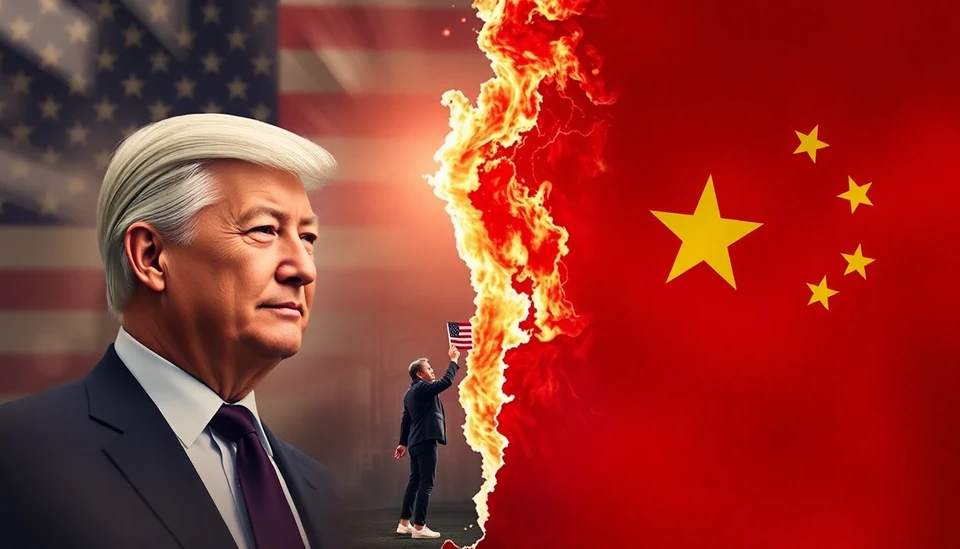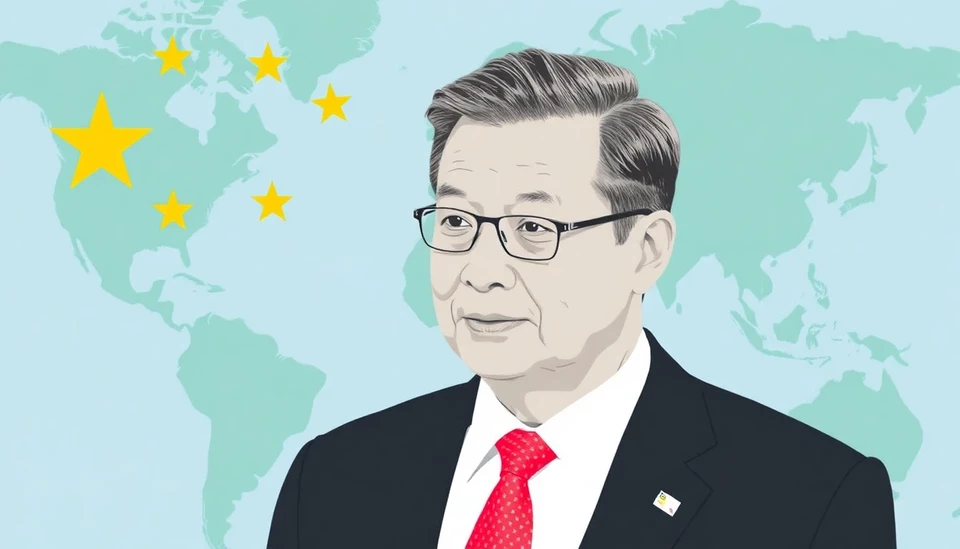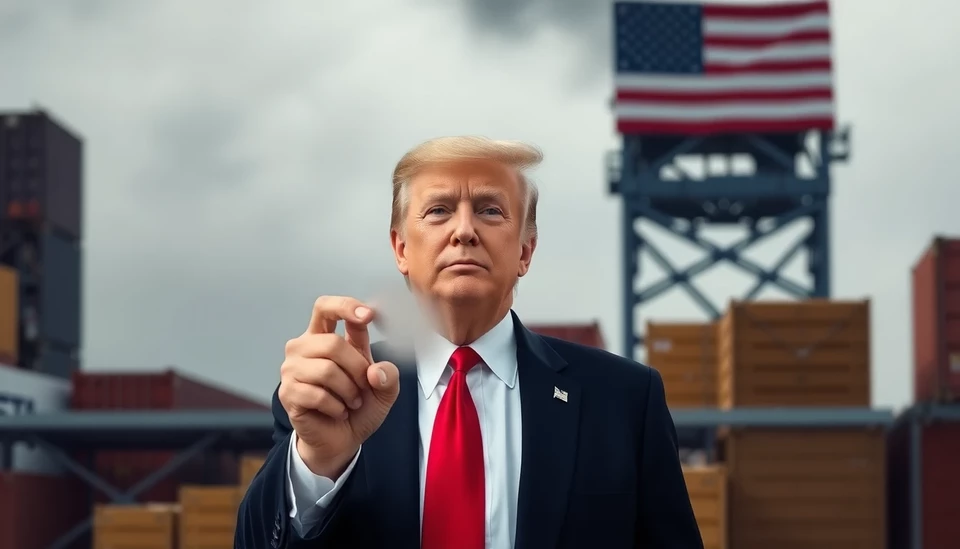
The ongoing trade conflict between the United States and China has entered a perilous phase, with escalating tariffs threatening to obliterate $19 trillion in global economic value. Analysts warn that the two nations, locked in a relentless tit-for-tat barrage of trade penalties, could inadvertently precipitate a worldwide recession if the situation remains unresolved.
Recent developments have seen both countries implementing additional tariffs on a broad range of imports, significantly increasing the stakes in this already volatile economic landscape. The White House has announced new tariffs on Chinese goods, prompting an immediate retaliatory response from Beijing, which has vowed to impose its own levies. This back-and-forth escalation not only affects bilateral trade but also sends shockwaves through international markets, creating a climate of uncertainty and instability.
Experts have voiced concerns that the aggressive tariff strategy could lead to severe repercussions, potentially erasing trillions from the global economy. The International Monetary Fund (IMF) has projected that a prolonged conflict could reduce global GDP growth, dampening business investment and consumer confidence worldwide. Such economic deceleration could adversely impact job markets and retirement savings, ultimately affecting millions of households across the globe.
The United States and China are each other's top trading partners, and the imposition of steep tariffs on essential products—from electronic goods to agricultural exports—has substantial implications for various sectors. Farmers in the U.S. have particularly felt the pinch, with many facing bankruptcy due to decreased exports to China, which has historically been a major market for American agricultural products. Meanwhile, tariffs on electronics could see American consumers burdened with higher prices, reducing purchasing power and potentially straining household budgets.
On the geopolitical front, the tariff war has also raised tensions beyond mere economic considerations, complicating diplomatic relations between Washington and Beijing. The impact of these tariffs goes beyond trade, affecting international alliances and partnerships. Observers describe this as not just a trade issue, but part of a broader struggle for global dominance, pitting two superpowers against each other on multiple fronts.
Despite various attempts at negotiations and declarations of willingness to engage in dialogue, concrete progress has been elusive. Both sides continue to bolster their positions, leading analysts to suggest that a resolution may remain out of reach for the foreseeable future. With both nations facing domestic pressures and rising nationalism, the fierce competition may only serve to intensify as each strives to emerge as the dominant global superpower.
As the trade war escalates, the ramifications could be far-reaching, with implications extending well beyond the immediate economic indicators. Citizens and policy-makers alike must brace for the fallout of this contentious battle, as the potential for disruption looms large.
In summary, the spiraling tariff war between the United States and China poses a substantial threat to the stability of the global economy, with the risk of erasing $19 trillion in economic output a daunting reality. The world watches closely as both nations navigate this tumultuous chapter in international relations, waiting for the decisive moment that may determine the course of trade for generations to come.
#TariffWar #USChinaRelations #GlobalEconomy #TradeConflict #EconomicImpact #RecessionRisk #InternationalTrade
Author: Rachel Greene




